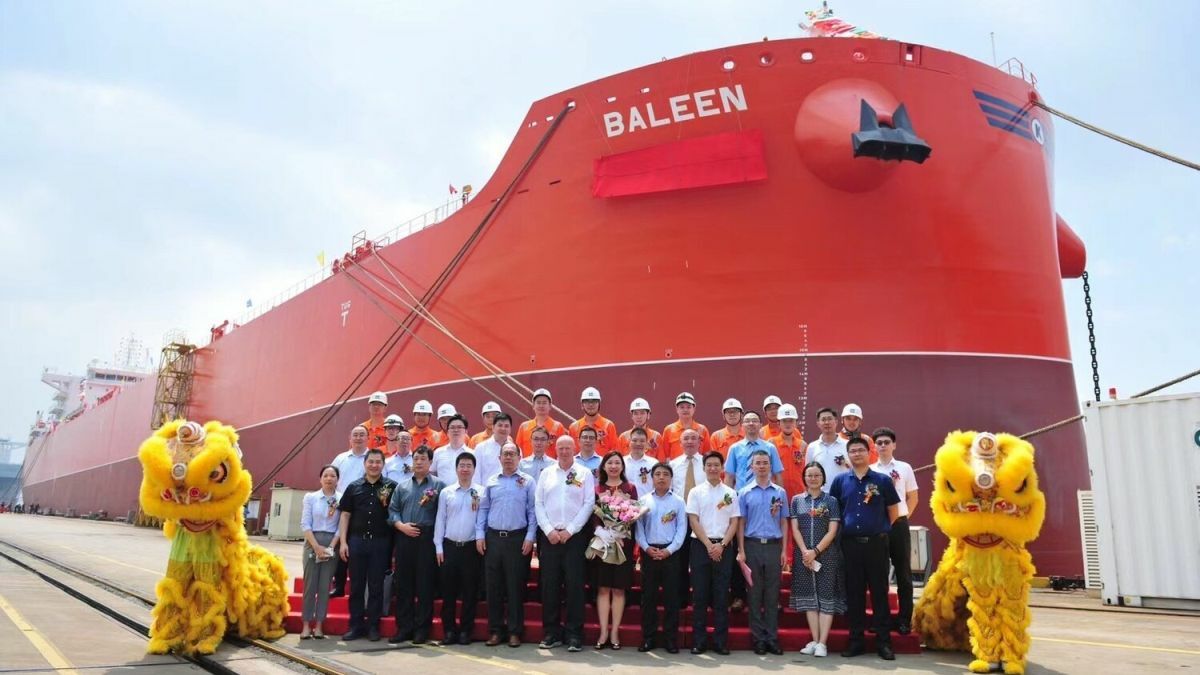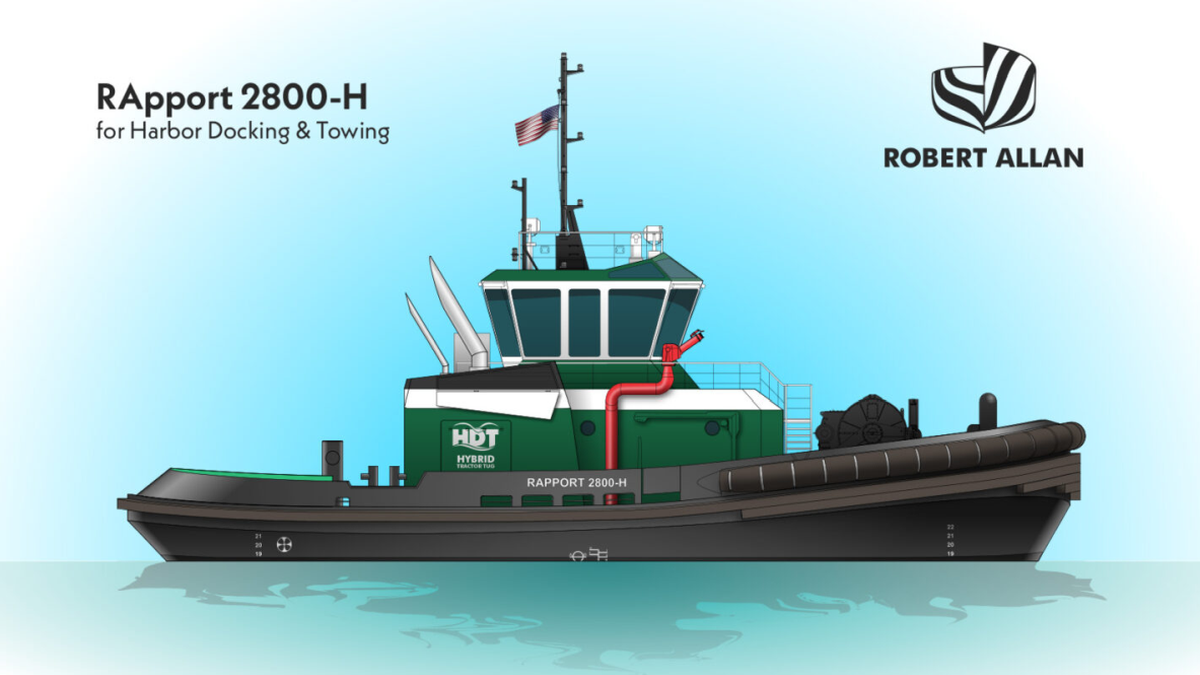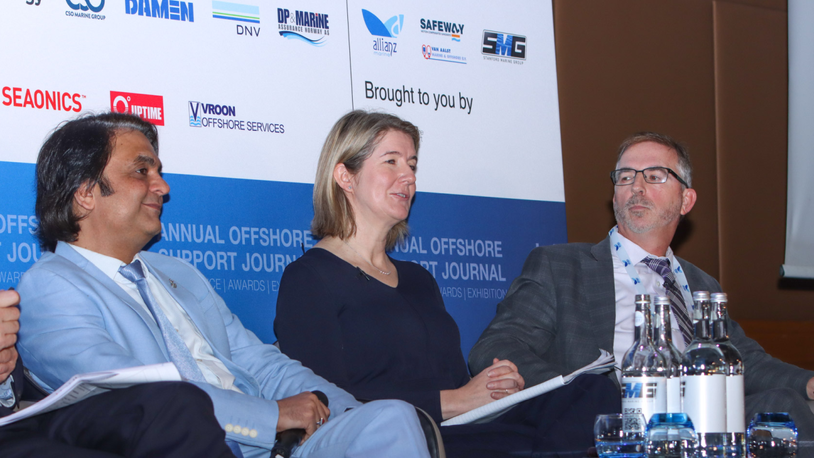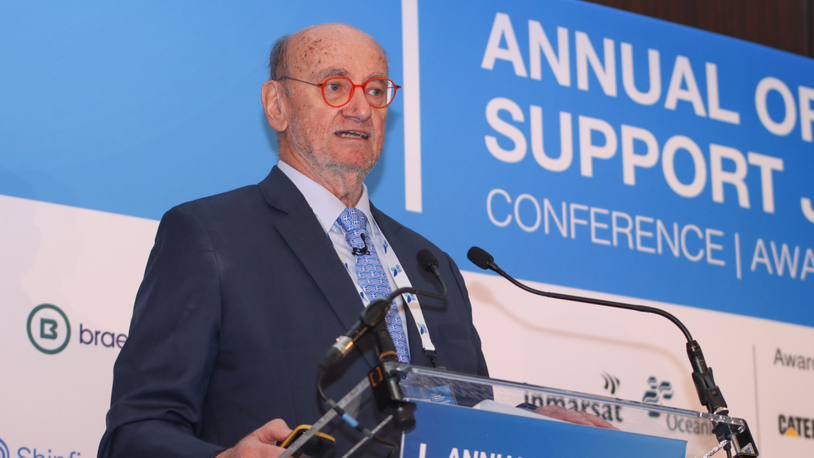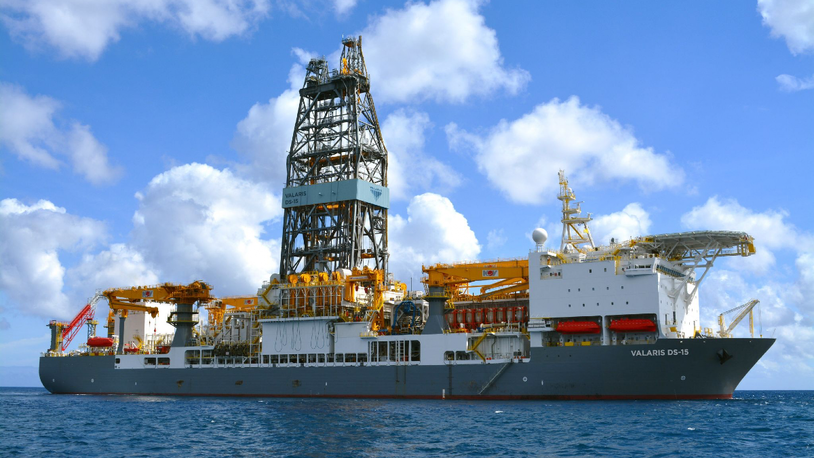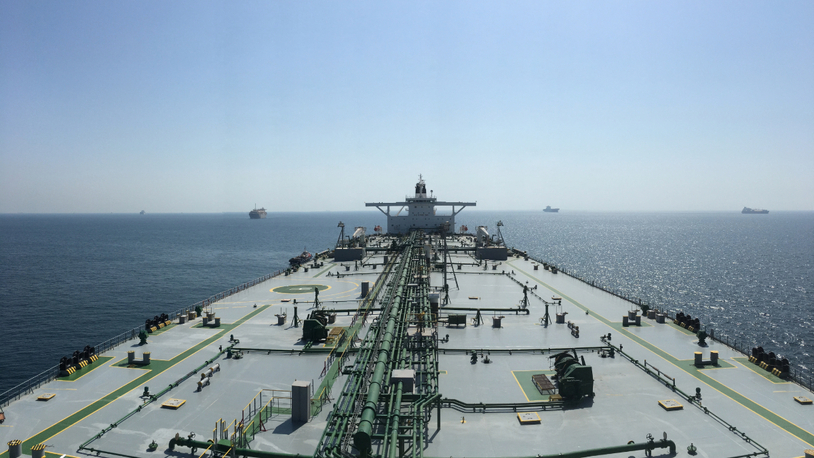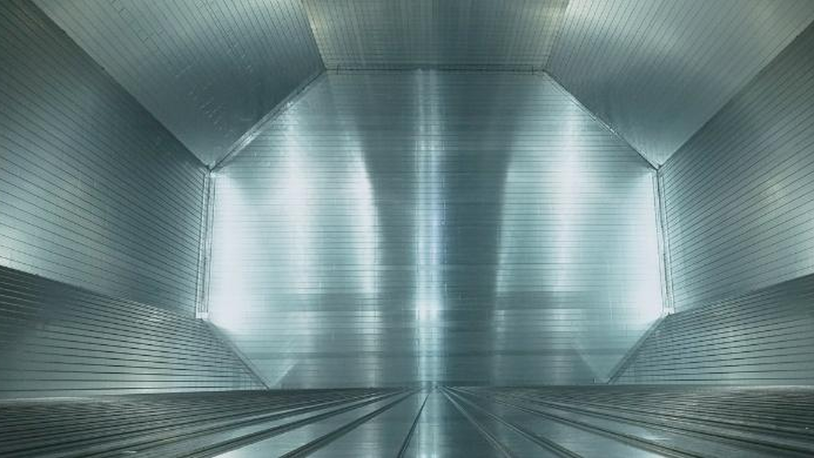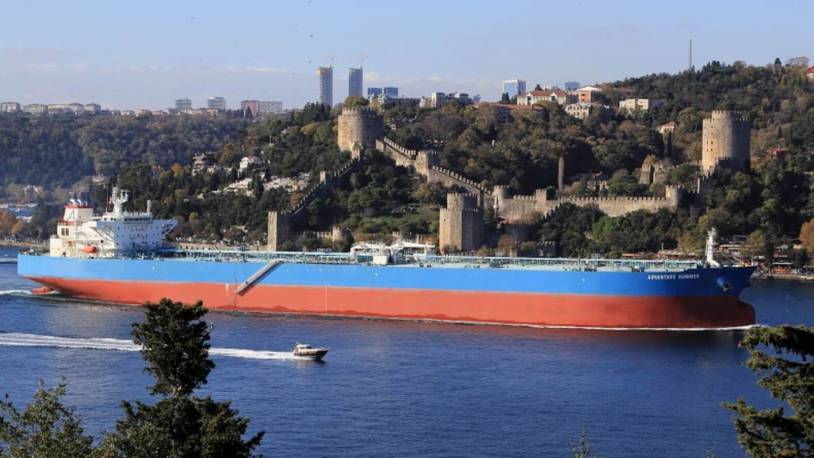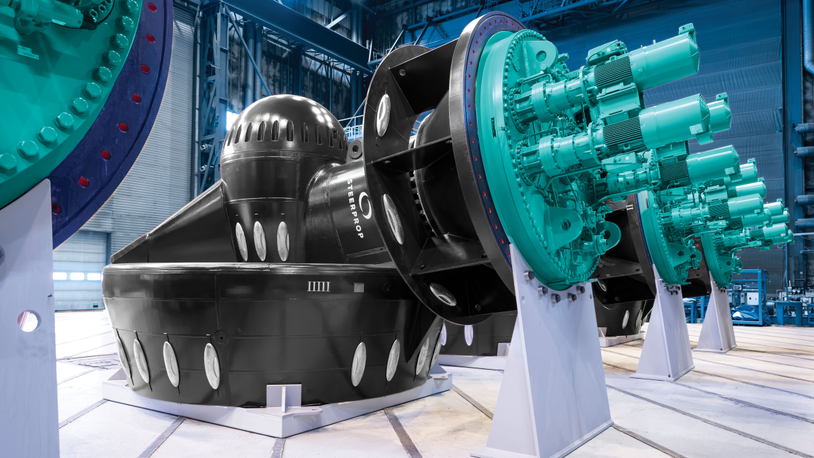Business Sectors
Events
Floating energy: successfully unlocking stranded gas using FLNGs and FSRUs
Contents
CABUs and CLEANBUs: a new era for combination carriers
The expansion of the Klaveness Combination Carriers fleet marks a revival of an operational methodology to limit ballasting and maximise efficiency, while spearheading efforts to reduce shipping’s impact on the environment
The addition of Baleen from New Yangzi Shipbuilding marks the point that Klaveness Combination Carriers (KCC) now operates 12 vessels that cover the MR and LR product tanker, and Panamax and Kamsarmax dry bulk carrier market sectors.
Public-listed KCC operates two types of combination carriers. The CABU vessels are 72,500 dwt to 80,500 dwt combination carriers that transport caustic soda solution, floating fertiliser, molasses and all types of dry cargo. The CABUs operate in the Far East, the Middle East, Australia, Brazil and North America. The caustic soda shipments are mainly based on contracts of affreightment, while the dry cargoes are partly spot and partly contract shipments.
The CLEANBUs are 82,500 dwt and are both fully-fledged LR1 product tankers and Kamsarmax dry bulk carriers transporting clean petroleum products, heavy liquid cargoes, all types of dry bulk products and dry bulk return shipments of alumina, bauxite, iron ore, salt and coal. The CLEANBUs are being constructed at Jiangsu New Yangzi Shipbuilding with delivery of the first vessel having taken place in January 2019 and the last vessel due in Q1 2021.
The combination carriers have strong green credentials and in July 2020, KCC secured a US$60M sustainability linked term loan and revolving credit facility for financing the seventh and eight CLEANBU vessels with delivery in 2021. Nordea bank acted as co-ordinator and bookrunner and Credit Agricole as sustainability agent.
In this deal, the credit margin will be adjusted up or down based on KCC’s sustainability performance, as defined by the company’s ability to meet its goal of reducing CO2 emissions per tonne of transported cargo per nautical mile and reducing absolute CO2 emissions per vessel.
KCC’s ambition is to be carbon neutral by 2030, to reach International Maritime Organization’s carbon intensity target for 2030 by 2022 and to reduce absolute emissions per vessel by 15% from 2018 to 2022.
KCC’s sustainability performance and KPIs will be disclosed on a quarterly basis and main KPIs will be subject to an annual external audit.
Sign up to attend our upcoming technical and operational webinars on our events page
You can view all the previous webinars, in full, in our webinar library.
Related to this Story
Events
Maritime Regulations Webinar Week
Floating energy: successfully unlocking stranded gas using FLNGs and FSRUs
© 2024 Riviera Maritime Media Ltd.


